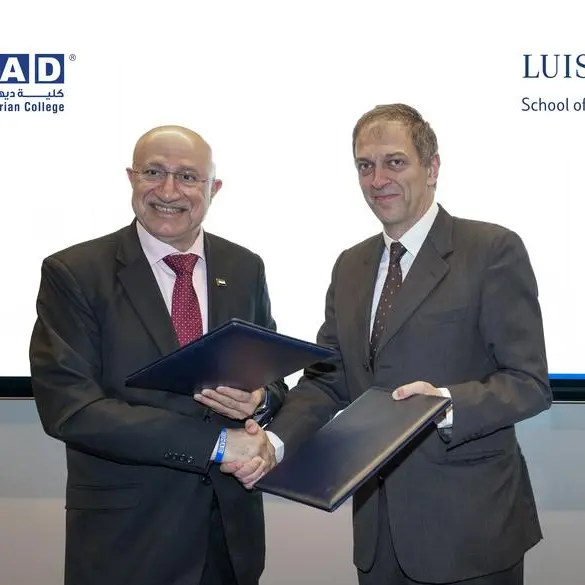Kuala Lumpur - The Islamic Financial Services Board (IFSB) today issued its 15th research paper in the Working Paper series, titled, “Risk-Based Supervision in Islamic Banking.” The working paper is jointly written by both the IFSB and the Saudi Arabia Central Bank (SAMA).
WP-15 investigates the risk-based supervisory (RBS) practices among the IFSB regulatory and supervisory authority (RSA) members for the Islamic banking industry in their respective jurisdictions. Findings reveal that RBS frameworks are equally as relevant, applicable and important for Islamic banks (IBs) as they are for conventional banks (CBs). However, applying RBS in Islamic banking, including for IBs that are domestic systemically important banks (D-SIBS), would require taking cognisance of some additional peculiar risks that are not applicable to conventional banks. These risks include Sharīah non-compliance risk, rate-of-return risk, equity investment risk and displaced commercial risk.
The Secretary-General of the IFSB, Dr. Bello Lawal Danbatta stated, “This Working Paper is the first issuance in the IFSB’s Working Paper series this year. He further added, “the WP-15 describes the views of RSAs on the RBS practices for Islamic banks in IFSB jurisdictions. RBS framework for IBs should capture and include the peculiar risks identified in the paper in the final risk rating and assessment of IBs for supervisory purposes. To this end, it is essential that IBs develop key performance indicators (KPIs) with a framework of tolerance levels for all peculiar IB risk categories,” he further added.
WP-15 is available for download from the IFSB website: www.ifsb.org
-Ends-
About the Islamic Financial Services Board (IFSB)
The IFSB is an international standard-setting organisation that promotes and enhances the soundness and stability of the Islamic financial services industry by issuing global prudential standards and guiding principles for the industry, broadly defined to include banking, capital markets and insurance sectors. The IFSB also conducts research and coordinates initiatives on industry-related issues, as well as organises roundtables, seminars and conferences for regulators and industry stakeholders. Towards this end, the IFSB works closely with relevant international, regional and national organisations, research/educational institutions and market players. The members of the IFSB comprise regulatory and supervisory authorities, international inter-governmental organisations and market players, professional firms and industry associations. For more information about the IFSB, please visit www.ifsb.org
© Press Release 2020
Disclaimer: The contents of this press release was provided from an external third party provider. This website is not responsible for, and does not control, such external content. This content is provided on an “as is” and “as available” basis and has not been edited in any way. Neither this website nor our affiliates guarantee the accuracy of or endorse the views or opinions expressed in this press release.
The press release is provided for informational purposes only. The content does not provide tax, legal or investment advice or opinion regarding the suitability, value or profitability of any particular security, portfolio or investment strategy. Neither this website nor our affiliates shall be liable for any errors or inaccuracies in the content, or for any actions taken by you in reliance thereon. You expressly agree that your use of the information within this article is at your sole risk.
To the fullest extent permitted by applicable law, this website, its parent company, its subsidiaries, its affiliates and the respective shareholders, directors, officers, employees, agents, advertisers, content providers and licensors will not be liable (jointly or severally) to you for any direct, indirect, consequential, special, incidental, punitive or exemplary damages, including without limitation, lost profits, lost savings and lost revenues, whether in negligence, tort, contract or any other theory of liability, even if the parties have been advised of the possibility or could have foreseen any such damages.



















